Nigeria to launch mass saving plan to mobilize investment, says finance minister
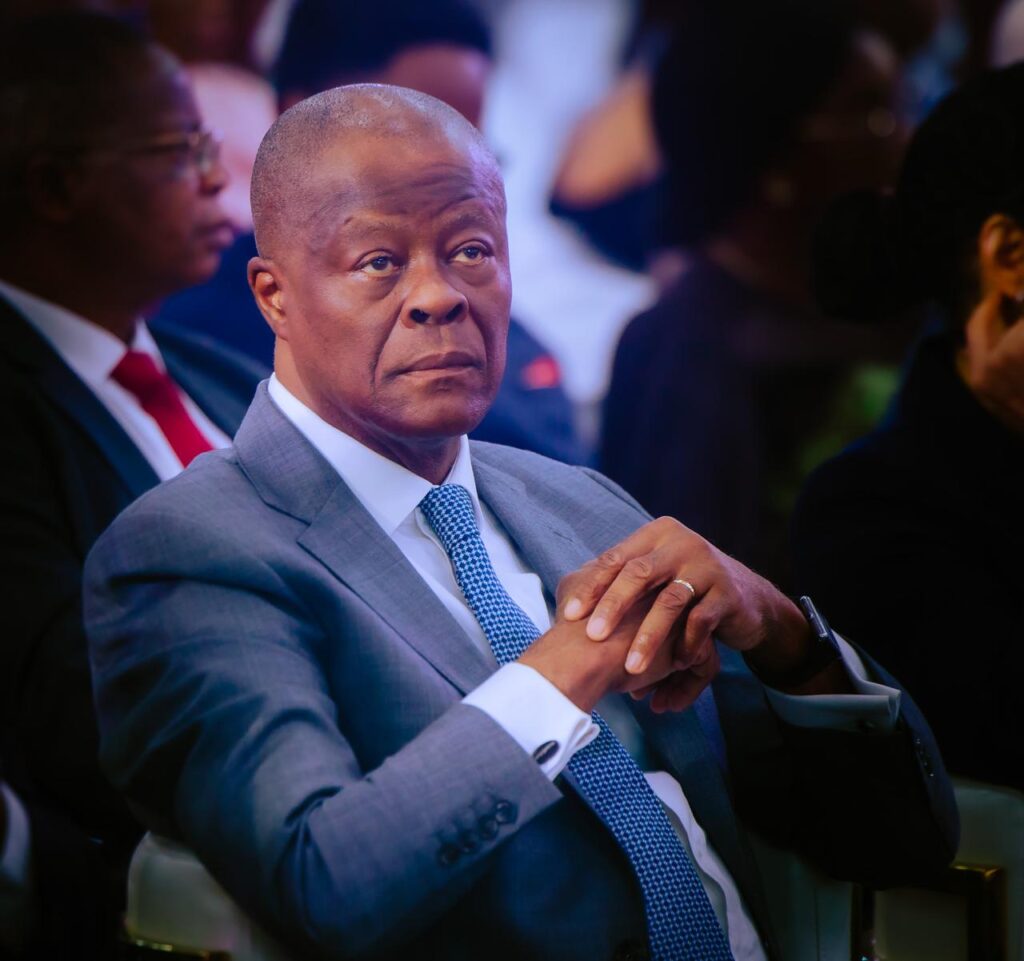
By:ThinkBusiness Africa Nigeria’s Honourable Minister of Finance and Coordinating Minister of the Economy, Wale Edun, on Thursday announced a forthcoming national mass savings plan aimed at mobilising investment from citizens and businesses, marking a new phase in the government’s efforts to accelerate inclusive economic growth. The Minister made the announcement while addressing investors and policymakers at the Imo State Economic Summit 2025, where he painted a positive picture of a national economy shifting “from latent potential to rising opportunity.” The plan is designed to channel domestic capital into productive sectors, supporting the government’s commitment to sustainable, high-velocity growth. Edun reported that Nigeria’s economy is currently growing at approximately 4 percent, a rate that he noted is double the previous rate. This expansion is primarily being driven by industry and agriculture. “Our fiscal reforms are creating more room for private capital,” the Minister stated, highlighting that the reforms have already doubled federal allocations to state governments, which is expanding local markets and creating a broader foundation for economic activities nationwide. Adding that declining inflation is boosting household purchasing power and consumer demand. Edun specifically commended the host, Governor Hope Uzodimma, for the aggressive upgrades to roads and plans for 24-hour electricity in Imo State, signaling the state’s readiness to welcome private capital. The latest official data released by the National Bureau of Statistics (NBS) showed that the Nigerian economy grew by 4.23% in the second quarter (Q2) of 2025 for the first time in over three years from 3.48% recorded in the preceding period. This week NBS announced 3.98% growth in the Q3 of 2025. The International Monetary Fund (IMF) had revised Nigeria’s full-year (2025) GDP growth forecast from 3.5% to 3.9% driven by the non-oil sector. Edun called for stronger partnerships between federal, state, and private-sector actors, stating that such collaboration is crucial to accelerate the nation’s shift from potential to rising opportunity and sustain long-term economic prosperity.
Nigeria approves N128 million to clear gas producer’s debts, unlocks power sector
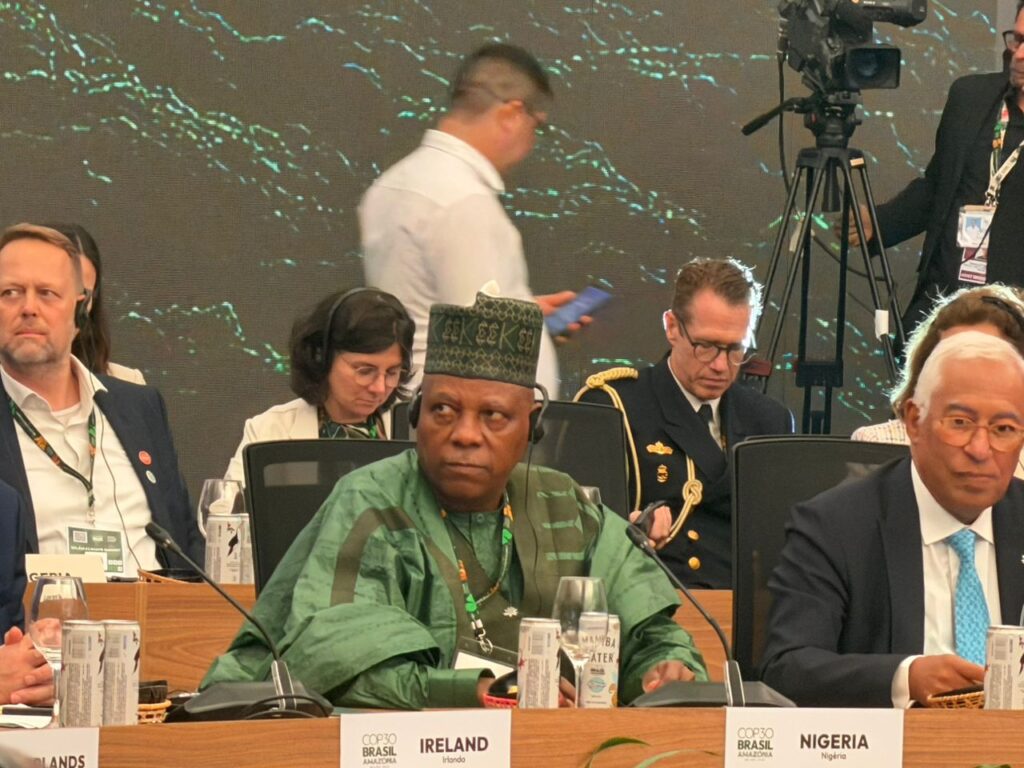
By: ThinkBusiness Africa The Nigerian Federal Government has taken a decisive step to revitalize its struggling power sector and boost investor confidence by approving the settlement of N185 billion (approximately $128 million) in long-standing debts owed to domestic and international gas producers. The approval, which was made by the National Economic Council (NEC) chaired by Vice President Kashim Shettima, is hailed as one of the most significant government interventions in the gas-to-power value chain in recent years. A crucial intervention of the N185 billion represents a verified portion of the substantial “legacy debts” owed to gas suppliers for gas delivered to power generation companies (GenCos) over the years. This indebtedness had become a critical constraint on the nation’s electricity supply, as thermal power plants, which account for over 70% of Nigeria’s generation capacity, depend heavily on these gas supplies. The Minister of State for Petroleum Resources (Gas), Ekperikpe Ekpo, described the approval as a “decisive step towards revitalizing Nigeria’s gas sector and strengthening its power-generation capacity in a sustainable manner.” He said. The persistent debt overhang strained the cash flow of gas producers, discouraging further exploration, hindering operational capacity, and ultimately leading to reduced gas supply to the national grid, thereby worsening Nigeria’s power shortages. Industry experts believe the primary impact of this debt settlement will be the restoration of trust and confidence among gas suppliers, both domestic and international. For years, gas producers had voiced concerns over the payment uncertainty in the sector, leading many to withhold or slow down new investments required to expand gas production. This latest intervention directly supports the government’s strategic plan to unlock over 12 billion cubic feet per day of gas supply by 2030 and transition Nigeria into a gas-driven economy. The liquidity crisis in the Nigerian Electricity Supply Industry (NESI) has been a long-standing structural issue, arising from a combination of unfunded tariff shortfalls and other market deficits that have accumulated over the past decade. Total legacy debt owed to GenCos and gas suppliers has been estimated to be in the trillions of Naira, with the N185 billion representing a crucial first step in settling a verified segment of this liability.
Washington reviews relationship with Tanzania over rights, investment concerns
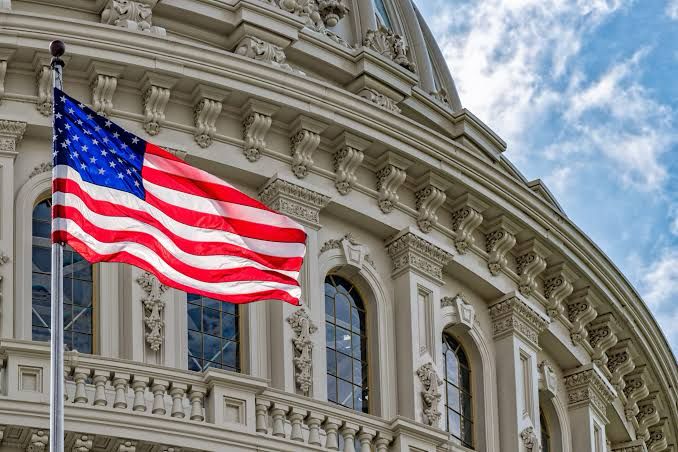
By: ThinkBusiness Africa The United States has announced a comprehensive and immediate review of its long-standing bilateral relationship with Tanzania, following what the State Department calls “grave concerns” over the country’s recent actions regarding human rights, political stability, and the climate for American investment. The decision was officially communicated in a statement from the state Department on Thursday, which accused the Tanzanian government of actions that have put U.S. interests and American citizens in the East African nation at risk. The U.S. pointed to the government’s “ongoing repression of religious freedom and free speech,” a move seen as undermining the democratic principles Washington seeks to promote. “disturbing violence against civilians” that occurred during the lead-up to and following Tanzania’s October 29 elections was highlighted in the statement. Human rights organizations, including Amnesty International, had accused the administration of overseeing a “wave of terror” in the run-up to the election, citing reports of abductions, intimidation, and enforced disappearances of political opponents and activists. Tanzanian President, Samia Suluhu Hassan has said the election was fair and promised to investigate the violence after the turmoil led to the country’s biggest political crisis in decades. The state department noted that this widespread violence has also triggered the “presence of persistent obstacles to U.S. investment,” signaling frustration among American businesses over bureaucratic hurdles, opaque regulations, and an unpredictable operating environment. While the U.S. reaffirmed the value of its decades-long partnership with the people of Tanzania, it warned that the recent developments raise serious doubts about the government’s reliability as a partner. The comprehensive review indicates that the U.S. will assess the future of cooperation, which could lead to diplomatic censure, a reduction in aid, or a reconsideration of trade and investment benefits. “Tanzania’s ongoing repression of religious freedom and free speech, the presence of persistent obstacles to U.S. investment, and disturbing violence against civilians in the days leading up to and following Tanzania’s October 29 elections, required this reconsideration of our ties,” the US department said. U.S. Foreign Direct Investment (FDI) stock in Tanzania totals approximately $1 billion. American companies are present in agriculture, technology sectors with ongoing efforts to expand this footprint, though this growth is challenged by the current investment climate.
African development bank forgive Somalia’s $17.68 million external debt
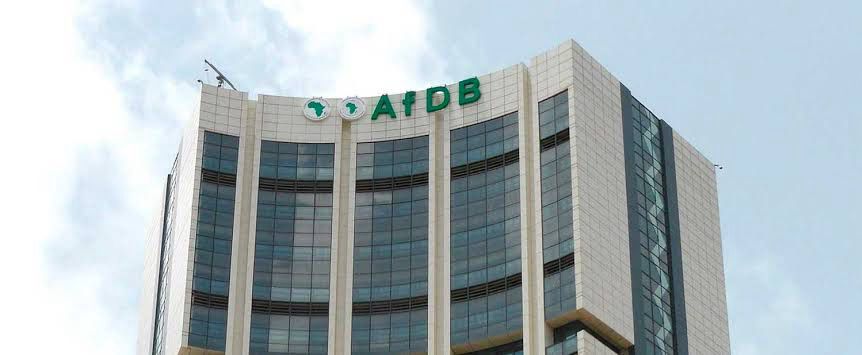
By: ThinkBusiness Africa The African Development Bank Group (AfDB) has delivered a final decision approving the full cancellation of all outstanding African Development Fund (ADF) loans to Somalia; after the completion of Somalia’s journey through the poverty reduction program: Enhanced Heavily Indebted Poor Countries (HIPC) Initiative. AfDB said in a statement. The approval, which clears debts covering the 2024 to 2039 period, signifies the full normalization of relations between Somalia and the AfDB Group and provides crucial fiscal space for the war-torn country to focus entirely on reconstruction and development. The $17.68 million forgiveness is part of the larger, historic $4.5 billion debt relief package granted to Somalia by multilateral and bilateral creditors (AFDB,world bank) following its attainment of the HIPC Completion Point in December 2023. AfDB stated that Somalia demonstrated strong commitment to structural reforms, meeting rigorous conditions across key areas including: Implementing reforms for greater budgetary transparency and accountability; Showing steady progress in managing its economy and boosting domestic revenue, and expanding social services and safety nets for vulnerable households. The debt relief drastically reduces the East African nation’s external debt-to-GDP ratio from an unsustainable 64% in 2018 to less than 6% by the end of 2023. The cancellation of this debt along with the broader relief package, means the government can redirect funds previously allocated to debt service towards essential public services: vital infrastructural developments, in roads and energy networks. AfDB officials hailed the move as opening the door for “stronger institutions, better services, and brighter prospects for Somali citizens,” stating the impact will be felt “in classrooms, clinics, farms, and markets across the country.” said Bubacarr Sankareh, AFDB Lead Operations Advisor for Somalia. Somalia successfully cleared $122.6 million arrears to the AfDB in March 2020. And completed its HIPC process in 2023 signaling to its multilateral creditors to release its full debt relief package which will see the country’s overall external debt drop drastically from $5.2 billion in 2018 to $557 million after full delivery. The HIPC works to reduce unmanageable debt burdens for participating countries that meet strict criteria and commit to poverty reduction policies, enabling them to focus on economic growth and poverty reduction. It was first Launched in 1996 by the World Bank Group. #####
Nigeria Central Bank Introduces tight cash withdrawal limit to curb money laundering
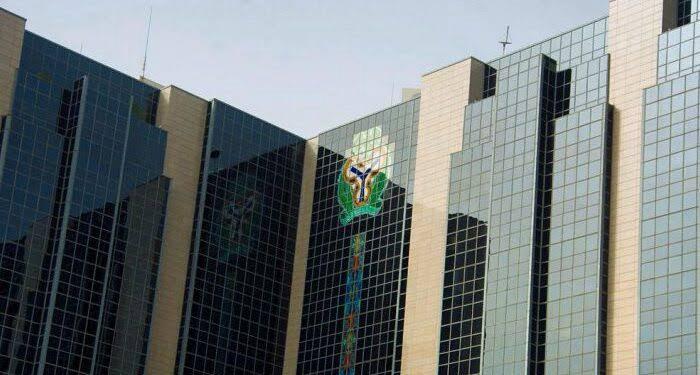
By: ThinkBusiness Africa The Central Bank of Nigeria (CBN) has announced a significant revision of its cash-related policies, reintroducing strict cumulative weekly withdrawal limits nationwide while simultaneously removing the long-standing cap on cash deposits. According to a CBN circular on Tuesday, the new policies are mandatory for all deposit-taking financial institutions and will take effect from January 1, 2026. The move is the latest, and most aggressive, measure in the apex bank’s ongoing push to limit the amount of physical cash circulating in the economy, a strategy primarily aimed at combating money laundering, terrorism financing, and the high rate of cash hoarding. withdrawal limits for both individuals and corporate entities across all banking channels, including over-the-counter (OTC) transactions, Automated Teller Machines (ATMs), and Point of Sale (PoS) terminals; has been reduced to N500,000 weekly for individuals, and N500,000,000 weekly for corporate entities The CBN also imposed tighter restrictions on how these funds can be accessed: The Central Bank stated that the tight restrictions are a necessary instrument to enhance the effectiveness of its Anti-Money Laundering and Countering the Financing of Terrorism (AML/CFT) efforts. The excessive use of cash has long been cited by authorities as a primary facilitator of illicit financial activities, making it difficult for regulatory bodies to trace the origins and destination of large sums of money. CBN said the move is “part of efforts to moderate the rising cost of cash management, address security concerns, and reduce the potential for money laundering associated with the economy’s heavy reliance on cash.” CBN stated. While the CBN aims for strict adherence to the new ceilings, it acknowledged that legitimate transactions may occasionally require larger sums. In “compelling circumstances,” such as payments for medical bills, school fees, or major construction work, cash withdrawals above the weekly limit may be permitted. However, such exceptions are subject to stringent control measures and fees. Withdrawals above the limit will attract a processing fee of 3% for individuals and 5% for corporate entities. Earlier In October, Nigeria and South Africa, sub-Saharan Africa’s two largest economies, were removed from the global Financial Action Task Force (FATF) list of countries subject to increased monitoring for illicit money flows, after two years on the list. The revised policy is a significant acceleration of the CBN’s long-standing Cashless Policy, which seeks to reduce the cost of cash management for banks and encourage the use of electronic payment alternatives. CBN is actively urging the public and corporate bodies to fully embrace digital payment options like mobile banking, internet transfers, and PoS services to ensure smooth transactions. The rollout is expected to present challenges, particularly for rural areas and the informal sector, which heavily rely on cash. The CBN has pledged to collaborate with financial institutions to improve infrastructure and public awareness, ensuring a smoother transition to a predominantly digital economy. ####
Ghana’s inflation hits 6.3%, marks 11th straight drop and exceeds stability target
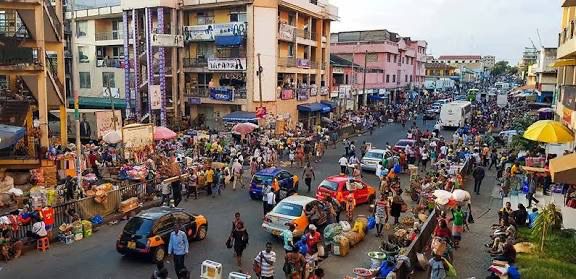
By: ThinkBusiness Africa The West African nation’s inflation slowed to 6.3% year-on-year in November, down sharply from the 8.0% recorded in October. This remarkable drop marks the eleventh consecutive month of disinflation, positioning Ghana firmly within its central bank’s medium-term stability band. Ghana Statistical Service (GSS) said on Wednesday. The November figure, which is the lowest since June 2021, is seen as a significant victory for the government and the Bank of Ghana (BoG)’s rigorous macroeconomic stabilization program, which is supported by the International Monetary Fund (IMF). Ghana’s inflation peak was 23.5% in January, the highest in 2025, and had since been on a downward trajectory. Source: BoG Headline inflation print of 6.3% not only beat market expectations but also fell comfortably within Ghana’s central bank target range of 6%-10%. A dramatic reversal from over 54% peaked in late 2022. In November, BoG monetary committee members slashed its benchmark Monetary Policy Rate (MPR) by an aggressive 350 basis points (bps) to 18.0%. After delivering over 3 rate cuts earlier this year. Since July 2025, the committee members have reduced the MPR by a cumulative 1,000 basis points, a decision they said was primarily driven by the sustained and sharp decline in consumer inflation; unwinding a period of historically high rates used to combat the surging inflation of previous years. The Ghana Cedi has shown significant resilience appreciating over 20% against the US Dollar throughout this year, largely due to strong performance in key export sectors like gold and cocoa, coupled with restored international confidence. stronger cedi has lowered the cost of imported goods, easing imported inflation pressure.
Nigeria Clinches African Petroleum Regulator HQ; Komolafe Elected Chair
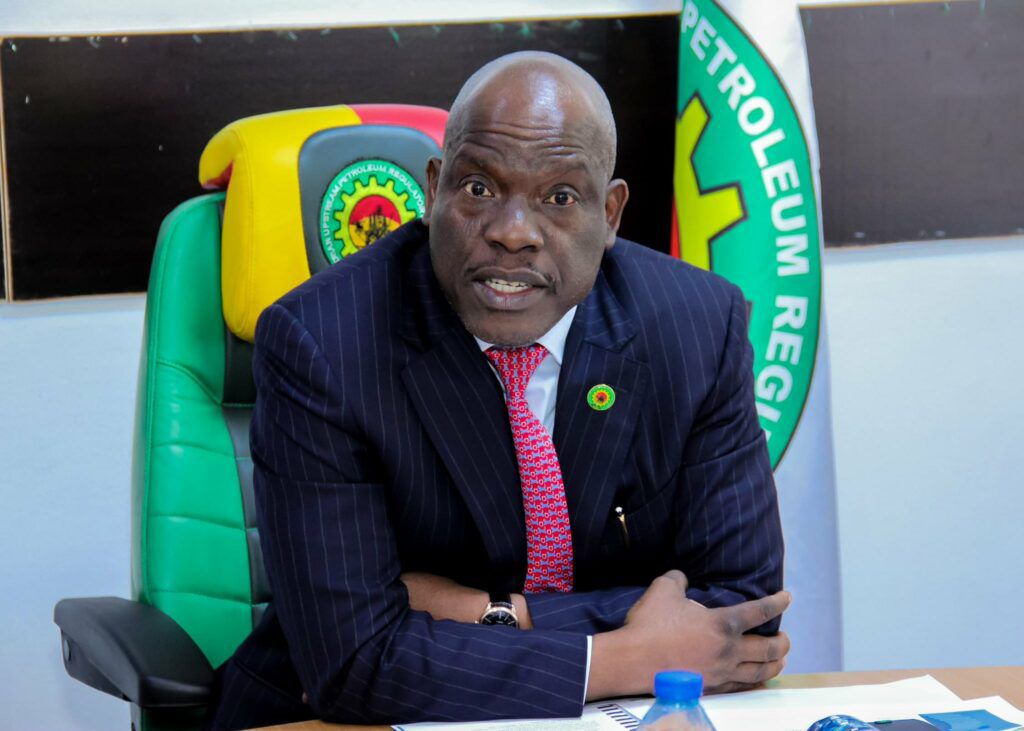
By: ThinkBusiness Africa The newly established African Petroleum Regulators Forum (AFRIPERF) has officially chosen Nigeria as its headquarters. Furthermore, the forum unanimously elected Engineer Gbenga Komolafe, the Chief Executive of the Nigerian Upstream Petroleum Regulatory Commission (NUPRC), as its substantive Chairman. NUPRC said in a statement posted on its official X (formerly twitter) handle on Wednesday. The decisions were ratified during AFRIPERF’s inaugural executive committee meeting, held virtually earlier this week marking a decisive step toward harmonizing and strengthening petroleum governance across the continent. Nigeria’s Commission Chief Executive (CCE), who had served as the interim chairman since the forum’s inception, will now lead the body officially. Mr. Komolafe election and the adoption of Nigeria as the official headquarters of AFRIPERF affirm the country’s central role as Africa’s largest crude oil producer and a leader in regulatory reform. The inaugural meeting, which saw the attendance of representatives from 16 African nations, also confirmed Eyoanwan Ndiyo-Aiyetan as the forum’s secretary. Nigeria’s crude oil production is the highest in Africa with 1.55 million barrels per day (mbpd) followed by Libya 1.30 mbpd; thirdly Angola with 1.03 mbpd. According to the Organization of the Petroleum Exporting Countries (OPEC). In his acceptance speech, Komolafe thanked his African counterparts, emphasizing the forum’s role in creating a unified and collaborative environment. He also promised to ensure that “no member country is left behind” as the forum pursues its mandate. AFRIPERF was initially spearheaded by Nigeria, with the official charter signed by regulators from eight countries—including Nigeria, Ghana, Somalia, Gambia, Madagascar, Sudan, Guinea, and Togo—on the sidelines of the Africa Oil Week in September 2025. The forum’s core mission is to strengthen regional petroleum governance by fostering cooperation, collaboration, and coordination among member regulators.
Nigeria’s central bank reforms boost economic activities, PMI soars 56.4 in November
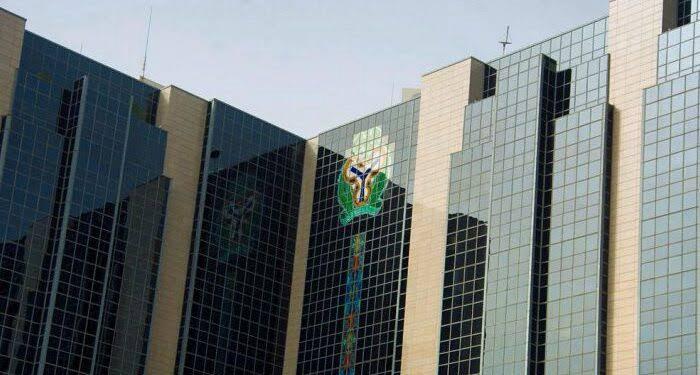
By: ThinkBusiness Africa Nigeria’s economic activities surged to its strongest level of 2025 in November, with the Composite Purchasing Managers’ Index (PMI) hitting 56.4 points; signaling the twelfth consecutive month of expansion, providing strong evidence that the west African nation’s recent monetary and fiscal reforms are yielding tangible results. The November PMI, which rose from 55.4 points in October, is seen by analysts as validation of the central bank of Nigeria’s (CBN) commitment to orthodox monetary policy and economic transparency, which has fostered a more stable environment for private sector growth. According to the latest CBN PMI report, expansion was both robust and broad-based, with 29 out of 36 subsectors covered in the survey reporting growth in economic activity In November; indicating a positive economic outlook for the final quarter of 2025. Source: CBN All three three major sectors: Agriculture, Services, and Industry—recorded expansions in November. The Agriculture Sector remains the highest-performing segment, posting an index of 58.2 points, extending its expansionary streak for the sixteenth consecutive month. All five subsectors within Agriculture recorded growth in activities. The expansion was primarily driven by an increase in general farming activities. According to the report, the Services sector maintained a strong pace, recording a PMI of 56.8 points, indicating sustained expansion for the tenth consecutive month. All fourteen subsectors surveyed within the Services sector reported growth in business activity. The Industry Sector continued its expansionary trajectory with a PMI of 54.2 points. Ten of the seventeen industrial subsectors reported growth in activity, while the remaining seven reported “mild contractions” that were marginal enough not to offset the overall positive performance. CBN noted. However, a key divergence was seen in the Raw Materials Inventory index for the Industry Sector, which registered a contraction at 49.7 points. This indicates a faster drawdown of existing inventory to support expanded production in November. The Suppliers’ Delivery Time index stood at 55.6 points in November, indicating a marked improvement in delivery efficiency and faster supplier response time across the economy. Macro-Economic Stability The robust PMI figure arrives amid encouraging signs of macroeconomic stability, thanks to the CBN’s efforts on foreign exchange (FX) market liberalization and inflation targeting. The strong PMI growth coincides with a significant deceleration in Nigeria’s headline inflation, which dropped to 16.05% in October —the lowest rate since March (24.23%). This reduction in price pressures is a critical factor in lowering business input costs and supporting higher new orders for businesses. Efforts to stabilize the Naira have reportedly led to a surge in foreign reserves which grossed $46 billion in November 2025 from $41billion in 2023; leading to a significant reduction in exchange rate volatility; making imported raw materials more affordable and predictable. This reflected in the PMI component for Suppliers’ Delivery Time (55.6 points), which improved as better logistics, particularly in the Petroleum & Coal Products subsector, supported faster delivery cycles for businesses. The sustained expansion signalled by the PMI, which is now at its highest level in the last five years, reinforces the International Monetary Fund (IMF) projections that the Nigerian economy is firmly on track to achieve a full-year GDP growth of 3.9% in 2025, driven primarily by the high-performing non-oil sectors.
Former Nigerian chief of defence Musa appointed as new defence minister

By:ThinkBusiness Africa Nigerian president President Bola Ahmed Tinubu has on Tuesday nominated the immediate past Chief of Defence Staff (CDS), General Christopher Gwabin Musa (rtd.), as Nigeria’s new Minister of Defence. The nomination, which was announced by the presidency, follows the resignation of the former Minister, Alhaji Mohammed Badaru Abubakar, who stepped down on Monday citing health grounds. According to presidential spokesman, Bayo Onanuga, the president forwarded the new ministerial nomination to Senate President Godswill Akpabio, expressed his confidence in General Musa’s extensive operational experience and strategic leadership capabilities. “President Tinubu expressed confidence in General Musa’s ability to lead the Ministry of Defence and further strengthen Nigeria’s security architecture.” Onanuga said. The nomination comes at a pivotal moment for the West African country, which continues to grapple with persistent internal security threats, including terrorism, banditry, and mass kidnappings. The selection of a decorated and combat-proven military General is seen by observers as a clear signal of the Tinubu administration’s intent to bring deep operational experience to the helm of the country’s defense policy. Alhaji Badaru Abubakar, a former two-term Governor of Jigawa State, was a non-military appointee who served as Minister of Defence from August 2023 until his resignation on December 1, 2025. General Musa is expected to replace him following the mandatory confirmation process by the Senate. General Christopher Gwabin Musa, who will turn 58 on December 25, is a highly distinguished and decorated officer whose career spans over three decades in the Nigerian Army. He served as the Chief of Defence Staff (CDS) from June 2023 until October 2025, where he oversaw the strategic command of the Nigerian Armed Forces. The General is renowned for his extensive command roles in Nigeria’s theatre of operations, notably serving as the Theatre Commander, Joint Task Force (North-East), Operation HADIN KAI, where he led troops in the counter-insurgency efforts against Boko Haram and ISWAP. The nomination letter has been officially received by the Senate. General Musa’s confirmation hearing is anticipated to focus on his strategic vision for tackling Nigeria’s persistent security challenges, including enhancing inter-agency cooperation, modernizing the military, and addressing the root causes of insecurity across the nation. His appointment, if confirmed, would place a professional soldier in charge of the Ministry of Defence, a shift that is expected to bring a renewed focus on policy and tactical coordination between the political leadership and the armed forces.
Mali recovers $1.2 billion in arrears from miners After sweeping audit
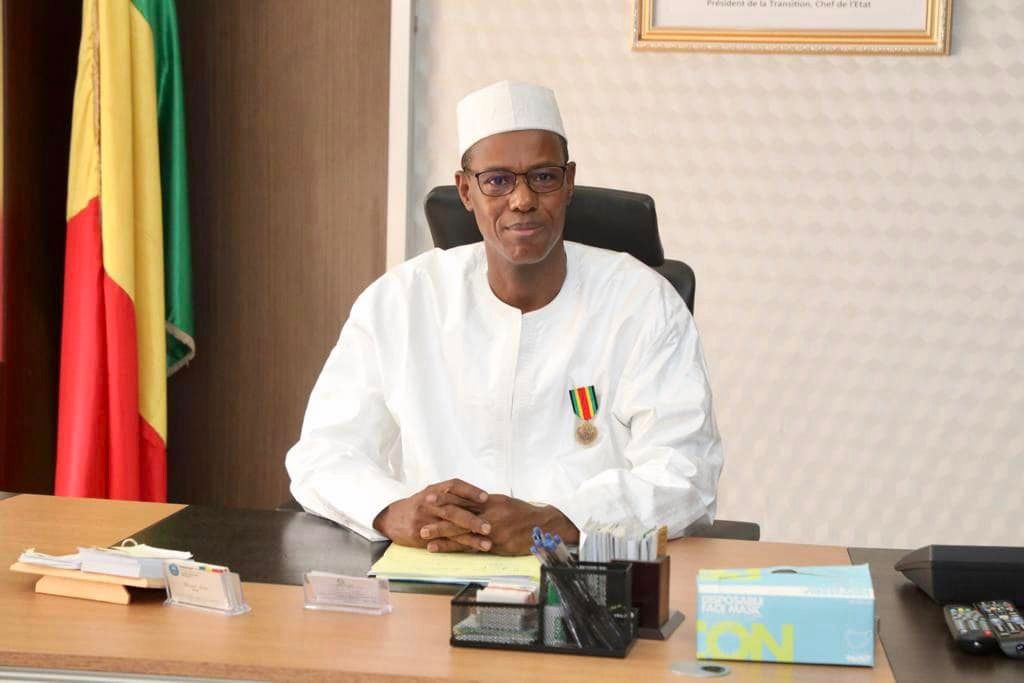
By: Chidozie Nwali Mali has successfully recovered 761 billion CFA francs ($1.2 billion) in arrears from various international mining companies, a massive financial clawback announced by the government following a comprehensive audit of the country’s vital gold sector. The recovery, which significantly exceeded the government’s initial target, marks a major win for the military-led administration and its push for greater resource sovereignty. Mali Economy and Finance Minister Alousséni Sanou announced the figure on state television, confirming that the collection efforts stemmed from a sweeping audit launched in early 2023. The audit, conducted by firms Inventus and Mozar, flagged widespread financial irregularities and “massive shortfalls” in payments owed to the state, initially estimated to be between 300 billion and 600 billion CFA francs. As one of Africa’s top gold producers, Mali relies heavily on the sector for export earnings and fiscal revenue. For years, critics argued that previous mining contracts favored international companies over the state, resulting in billions of dollars in lost income. The government subsequently formed a recovery commission to pursue back taxes, dividends, and other unpaid dues from operators. Several major players, including B2Gold, Allied Gold, Resolute Mining, and Endeavour Mining, have settled their arrears and agreed to operate under the new regulatory framework. Australia’s Resolute Mining Ltd. previously agreed to pay approximately $160 million to resolve a long-standing tax dispute. While the exact contribution of all companies to the $1.2 billion total was not fully itemized by the Minister, the overall recovery dramatically surpassed the government’s expectations. “I am delighted with these results, among which we can mention the recovery of 761 billion CFA out of a target of 400 billion.” Alousséni Sanou said. The successful collection of arrears has coincided with, and paved the way for, the implementation of a new and stricter Mining Code, adopted in August 2023. This new legislation is projected to substantially increase the state’s annual revenue from the sector. The state’s minimum stake in new producing assets has been raised from the previous 20% to a potential 35%, combining a 10% free carried interest with the option to purchase an additional 20% and a 5% stake for the Malian private sector. The new code scraps the stability clauses in previous contracts, which shielded companies from new taxes or regulatory changes, thus giving the state more flexibility to adjust terms as needed. Minister Sanou highlighted that the new code is expected to raise the annual revenue from the audited firms alone by 586 billion CFA francs, bringing their total annual contribution to the national budget to approximately 1.02 trillion CFA francs ( $1.6 billion) each year. The move signals a firm policy of resource nationalism by the Malian authorities, prioritizing domestic financial gains from the nation’s mineral wealth. The renegotiation committee stated its goal was not just to recover funds but to ensure the state has a “sizable stake” in all mining contracts moving forward.


